by DJ Pangburn
I recently spoke to noted community organizer scott crow about how average people—people with dreams, vision, grit and motivation—can effect change in a very real and quantifiable way after the vote. This isn't a playbook for smashing some McDonald's or Starbucks windows, but for taking the fight to communities.
A tired cycle exists in American electoral culture. Every two years we vote for federal representatives and senators, and every four years we vote in the presidential election. Each election cycle builds to a critical mass of ideological recriminations, crescendoing on election day.
Americans then rather sadly wash their hands of the mess, and resolve to do very little or nothing to actively make democracy work. There is a relinquishing of the responsibility of democracy to representatives. And as we've seen in the last twelve years of bitter partisan divide, it has produced paralysis instead of results. It has popularized politicians who behave more like actors or programmed holograms than actual problem solvers.
Mr. crow has had a roughly two decade-long resume of working in community organizing circles, most notably as one of the founders of the Common Ground Collective, one of the largest and most-organized volunteer forces in the post-Katrina wasteland. When W's buddy “Brownie” (Michael Brown) was botching the FEMA response, and the National Guard was enforcing marshall law on New Orleans streets, CGC was busy cleaning out destroyed homes, mobilizing free healthcare, clothing and food, and otherwise delivering mutual aid to a grateful New Orleans population.
Much of crow's current work involves helping communities build worker cooperatives and local economies horizontally, which is explained in more detail below.
Author’s Note: This is a long-form interview. I am testing the boundaries of what the Internet generation can handle. There will be no cats here. Are you with me?!
We Are More Than Just Voters & Consumers
The voter, says crow, must pass into oblivion. In his or her place must arise the doer, the creator—that person who sees all potential and jumps into action.
Ancient Rome suffered a political paralysis similar to contemporary America. In Rome voters were mostly irrelevant. Into this political void came the Roman emperors who, while bringing some domestic stability, only hastened Rome's fall. Whereas the great American political paralysis might be a melancholic moment for this country's patriots, scott crow on the other hand sees vast opportunities to do great things.
“There are a set of paths in the middle that we haven't even explored to a great extent in this country,” says crow. “The dominant paradigm tells us that we are just voters and consumers with a void of other alternatives. Life—politics, culture and economies—[involves] more complicated social relationships in this country.”
The trick, says crow, is to be a creator: someone who sees new paths and pursues them energetically. “The [new paths] aren't always going to be easy,” says crow. “But we will be doing them together; block by block and community by community, as needed.”
Asked if voting has any real redeeming value, crow is mostly pessimistic. “Voting is a lot like recycling: if you're so damned lazy that you can't do anything else, then at least do that,” says crow. “It’s the least you can do. Pulling the lever or throwing something in the correct bin; neither require great effort or thinking, but neither have real impact either.”
Community organizers like crow have no time for political saviors. They are individuals who eschew antiquated democratic politics. Dreamers and doers who depart the political reservation for more unknown trajectories.
“We've had this mythology of the Great White Hope, that some great leader who will take us from our chains into the future,” notes crow, a little astonished that so many still buy into the collective democratic hallucination. “When ‘he’ fails—as they always do—we blame the person and not the systems that got us there. We need to look anew at our world and think of the different ways we can engage with the world, our city, our neighborhoods, and ourselves.”
“We have other choices,” adds Crow. “Why is that we demand choices in MP3 players, sodas or schools for example but not in our economic, cultural or political systems that affect everything about us and our world?”
Work Outside Your Social Realm
Rare is the occasion when Republicans and Democrats reach across the aisle these days, but the potential for ideological opposites to do so in community organizing is promising. Crow reveals that lately he's been working more with social libertarians (and radicals of all stripes).
“It's been really interesting because they are people who came out of the Right libertarian movement in Texas,” says crow. “These were people who had voted for Ron Paul at different times, and they started to move beyond electoral politics and into this social revolution. They're much more diverse than the typical analysis would lead you to believe. There are rural people, city people, age and intergenerational differences, as well as class, race and economic differences.”
Crow believes there are untold numbers of social libertarians out there ready to get to work.
“If everything fell down today, if everything collapsed, I believe there are more of those people than there are radicals or anarchists in this country who would rally and do things,” says crow. “They might vote but they're also working on community issues like getting clinics started or launching cop watch programs. I've found them to be really engaging and the experience has been quite eye-opening and refreshing.”
Issues Do Not Exist in Isolation
Americans have the tendency to engage issues in isolation. For the extreme (and even the mainstream) conservatives, “socialism,” “immigrants” or “gays” are the viruses corrupting the system—other domestic and international considerations be damned. A matrix of interrelated issues work at one another like a neural network. One cause may have several effects. And that cause may itself be the byproduct of other variables.
“If you want to stop hunger, you can't just go, Well, I'll just feed somebody and it's over,” says crow. “You start with that and then ask, Why are they hungry? Did they not have access to good schooling? So then we need to fix the schools or create new ones. Did they not have good access to jobs? Then we need to create good jobs with a living wage, dignity and respect. Or did they have healthcare issues that aren't being addressed, even just basic stuff? Well then we need to get community clinics in every community so that people can have their basic needs looked at before they become major issues like cancer or diabetes.”
Crow had to look toward more revolutionary movements for this sort of education.
“I had to look at what the Black Panthers and the Zapatistas did for their communities,” says crow. “I had to look at what the Spanish anarchists did when fascism was taking over. They were inspiring in that they helped their people and rebuilt their world. Those are just political references. In every subculture, whether it's religious groups, charities, or hip-hop communities, there are examples of people doing things themselves without waiting for government or other people to do it.”
“In what I like to call 'anarchism with a little 'a',' we need to explore ideas of direct action so that we're not waiting on others to fix the problems,” adds crow. “We will it ourselves. Mutual aid, cooperation, collective liberation—the idea that we're all in this together. But there also needs to be an awareness that you are in this yourself.”
Crow points out the unvarnished political reality: no leader, party or group is going to do this for Americans. But there is a more salient point. Even if a single leader or political party had this sort of desire, the country is far too big and complex for such national policymaking. They are mere band-aids on gushing wounds.
“We need to de-centralize and localize to solve the problems around us, while looking to support other communities doing the similar things and connect on larger issues,” says crow. “And to do this we have to first look at history.”
Create Localized Economies
“It's absolutely cliché to say we need to think globally and act locally,” says crow. “But that's exactly what we need to do while we are creating localized economies (gift, barter or local currencies), opening the common spaces from the holds of corporate private property (like shopping malls) and becoming neighbors again.”
“We need to know what is happening around the world and share the information, successes and challenges that we face in our communities to help each other,” adds crow. “What happens to a rice farmer in India or a landless peasant in Brazil or a family in Appalchia is of utmost importance to me in thinking of supporting each other.” The internet and social media in particular will help in this flow of information.
Perhaps the most important lesson in the recent trend of localization is that scaling down just might be what saves us. It doesn't require a singular savior but hundreds of millions, indeed billions of them. Centralized government and corporations haven't worked for humanity, argues crow. And who would disagree in this second decade of the 21st century?
“Centralizing corporations—these giant pyramids with elites at the top—aren't working out for the rest of us,” adds crow. “And it's not just the 99%—it's not working out for any of us, not even some of the elites.”
Government and industry aren't the only institutions ripe for a downsizing, according to crow—the world's social movements could use it as well. “Instead of having one big movement, what if we have thousands of decentralized movements that are working toward common ideals?” suggests crow. “We need to value difference.”
In crow's practical wisdom this means not one ideological boat but many boats full of a multitude of dreams and ideas. “We start to move at our own pace,” foresees crow. “And we help each other along but maintain our autonomy and differences as individuals, neighborhoods, communities, etc., at the same time cooperating when necessary to reach the goals.”
Organizers like crow have noticed that even corporations are starting to see things this way. “Instead of trying to centralize, they're breaking it down,” says crow. “They see networks having advantages over their traditional hierarchies. Advertising is doing this in the corporate world in what they call micro-marketing.”
Crow also wants people to stop confusing convenience and choices with democracy. This is a difficult proposition in America, a country that has trained its citizens from an early age to expect convenience. And what is voting if not the culmination of convenience culture and democracy?
“A choice of 50 different soft drinks doesn't make us any more democratic than any other country,” says crow. “Especially when those 50 soft drinks are made by five or ten companies. The same could be extrapolated to political parties. There's a perception of choice, but its not meaningful or real and definitely not democratic.”
Build Horizontally
The worker cooperative has certainly entered the popular American lexicon, but it wasn't always so. Intrigued early on by the co-op's possibilities, crow says resources and literature on the subject were sparse. So he and other Austin organizers educated themselves and just started building their own. Eventually it led to horizontalization: the process of co-ops and other services overlapping in communities. Crow has spent the last several years building horizontal worker cooperatives and consulting when he can.
“There's no boss and everyone involved makes the same wage and has the same amount of say in their futures,” says crow. “I'm interested in creating localized jobs for people with dignity, respect and a living wage. These businesses have the potential to be small scale economic engines for localized economies, where we start to close the loop in taking care of our own transportation, healthcare, cultural and educational centers in neighborhoods or communities.”
Crow envisions a community in which these services would be offered to anybody who needs them. “These services would be offered in various neighborhoods and they would start to overlap,” says crow, with enthusiasm that is contagious. “Imagine instead of big box stores taking up acres of land, there were farm stands, free health clinics or small functioning schools on every corner. Community members of all stripes could actually benefit instead of corporations and governments sucking the resources away.”
Empower the Disempowered
A certain percentage of the US population believes that the poor and disempowered can only be lifted up through tax breaks and the good auspices of job creators. While job creation has its economic and political benefits (cynically, employed populations are much more passive than its opposite), it often doesn't empower any individuals in the labor force. There is the perception of power: a wage pays the rent and all of life's necessities. Beyond that, is there any substantial and meaningful empowerment?
“At Ecology Action [a recycling co-op] we often supported the homeless people that surrounded us,” says crow. “First by not criminalizing them but treating them with dignity and respect, then by allowing other service organizations to provide services live HIV information and testing, a needle exchange (which is illegal in Austin). Third we also provided a downtown space where people could sleep after hours as long as they followed guidelines we set up with them.”
Ecology Action, as crow notes, also held meetings with the transient population and made them reinforce the guidelines amongst themselves. “We never called the cops unless severe violence was taking place,” says crow.
Crow remembers one man's empowerment in particular.
“There was this one guy who just had a streak of bad luck, who didn't have a drug or alcohol problem, and he lived on our lot for a year and volunteered,” remembers crow. “We ended up hiring him in and he worked for Ecology Action for almost 3 ½ years. His experience as a 55 year old black man, who had never heard of horizontal organizing but worked at a job where his voice counted was an eye-opening, transformational experience for all of us. When he left he said it was the best job he had ever had.
“It didn’t make us saints or saviors,” says crow. “But it was a small piece of what we could do. And it's not the only example.”
Crow points to the Occupy movement when speak of power sharing. “It was the first grassroots movement of movements in this country, very decentralized,” says crow. “I went to 24 different Occupy camps across the country last year and all of them looked very different. “But there were very similar elements to them: the ideas of participatory democracy, power sharing amongst the people, the use of affinity groups, mic checks, general assemblies and spokes council models, etc. All of those things came out of at least 20 years of anarchism and decentralized organizing in this country.”
Community organizers like crow also see small businesses as integral to real empowerment. “The real engines of this country are small business,” says crow. “Corporations have more concentrated wealth, but there are still more small businesses employing more people everywhere. Some small businesses are starting to make themselves more egalitarian.”
Crow sees a trend of sharing power and resources because it makes sense. But he's quick to point out that this is not just his myopic view. “It's happening all over the world,” says crow, thrilled by this subtle cultural revolution. “And it's happening not because of one voice but many voices.
“There's more worker cooperatives, more intentional communities, consumer cooperatives, agricultural cooperatives than ever before. They're on the rise. And what's beautiful about it is that nothing is driving it but need and necessity.”
Shift Culture, Be An Innovator
Boring, informational leaflets aren't just going to cut it any longer, says crow. Not when corporate media can tailor its advertising message to individual subcultures in communities.
“If we don't create our own counter-advertising, we're just shooting ourselves in the foot,” says crow. “Living in this present political and economic system, we must use its tools. Creating beautiful posters, books, social/web media and videos.”
There is no better advertising than creating something better, says crow. People often need “to be shown by example what it can look like,” says crow. “Make it appeal it to people. Traditional advertising is part of that. Crimethinc has been doing it for 10 years. Just Seeds Artist Cooperative and Little Black Cart press are some other groups that have developed aesthetics with knowledge.”
“Our roles as radicals of all kinds, activists and organizers is to move ideas from the margin to the mainstream—that's really what we do,” says crow, who reminds us that slavery was at one point culturally and economically embedded in America's DNA. “We would not have built this country the way we did without slavery,” says crow. “Working to abolish slavery was an act of sedition—a crazy, radical idea.” This type of cultural shift, says crow, is what is needed in America.
“We need to stop protesting and think of other ways of doing things like creative interventions and valuing aesthetics along the way,” says crow.
No Government Required
It's almost a cliché to say that it only takes a small group of people to make change in this world. But it is a cliché that crow believes in wholeheartedly.
“After Hurricane Katrina, Common Ground Collective (CGC) was one organization of many that was doing things. At the most, we had 28,000 people involved from 2005 to 2008,” says crow. “In that time we served over 150,000 families. It had a huge political, social and cultural impact not only on New Orleans but on grassroots organizations around the United States.” The life-transforming experiences of so many CGC volunteers reverberated.
“Many Occupy participants and organizers came through it,” says crow. “CGC volunteers also went to Haiti as first responders. On the East Coast, Occupy Sandy and other decentralized grassroots efforts have taken CGC's models in new directions. Occupy Sandy organizers reached out directly to some of the core CGC organizers who either went and put boots on the ground or consulted.”
Crow believes that people have more power than they can imagine.
“Change is scaleable,” says crow. “It doesn't take much for ideas to spread. Look at all the bad ideas governments and corporations have spread over the decades. Remember Crystal Pepsi or the War on Iraq?”
Experience More & Be Content Not Knowing the Answers
Not knowing all of the answers doesn't bother crow at all. He believes a community organizer or cultural innovator should be prepared to learn. Lack of answers can function as the seeds for new ideas.
“I learned from the Zapatista Revolution that as revolutionaries you don’t have to have the answers just be willing to look at and be open to possibilities,” says crow, who believes the old days of “1-2-3- steps to revolution” failed and are now dead.
“My other role as an organizer—and part time futurist—is to be an innovator to challenge our own radical assumptions and ways of engaging as well as envisioning and spreading new ideas or ways to engage,” adds crow.
“I do this because I love people and have seen for decades that we have the creativity—once we add the determination and willingness to make substantial and powerful changes, we do,” concludes crow, ever hopeful against the prospect of the unknown.
“We are always standing on the edge of potential—so how is it going to look?”
Thursday, February 28, 2013
Community Organizer scott crow Talks Shifting Culture Without Government
from Medium.com
Labels:
anarchy,
government,
Interview,
Politics
Subscribe to:
Post Comments (Atom)


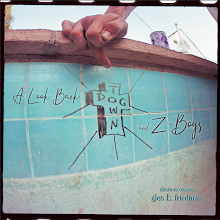


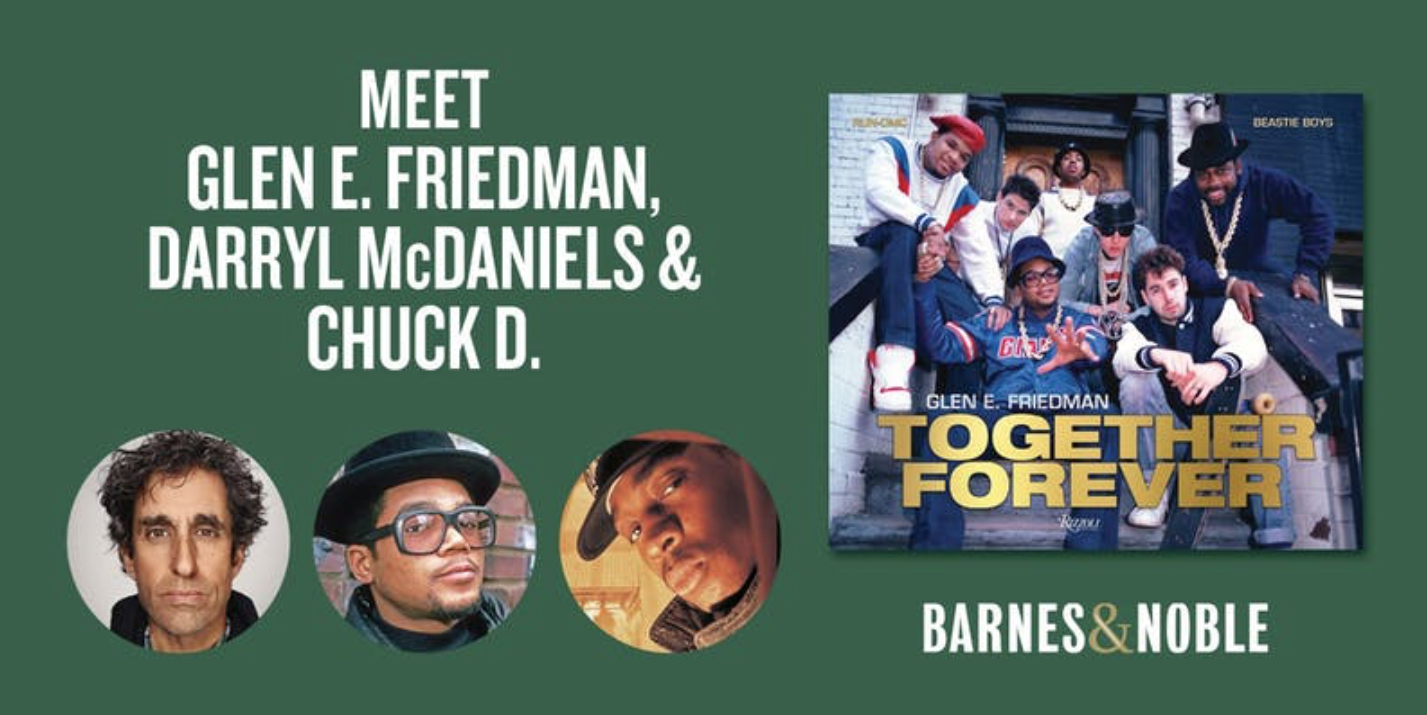

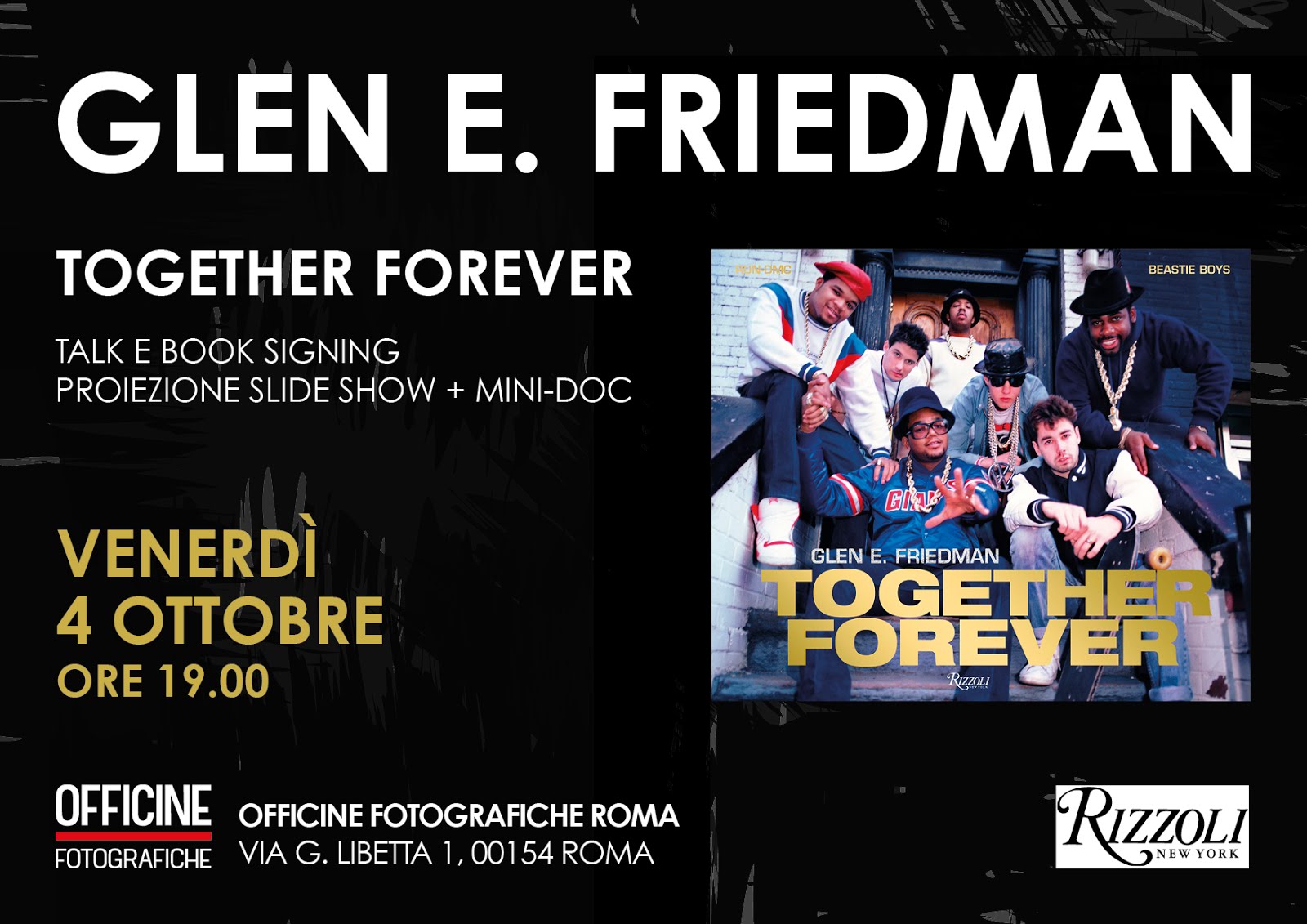
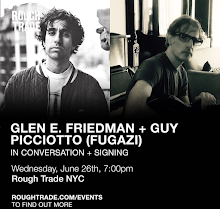
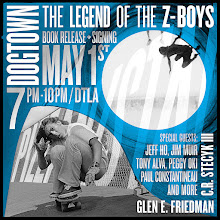
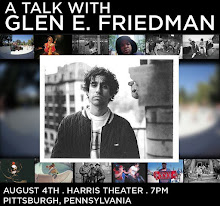
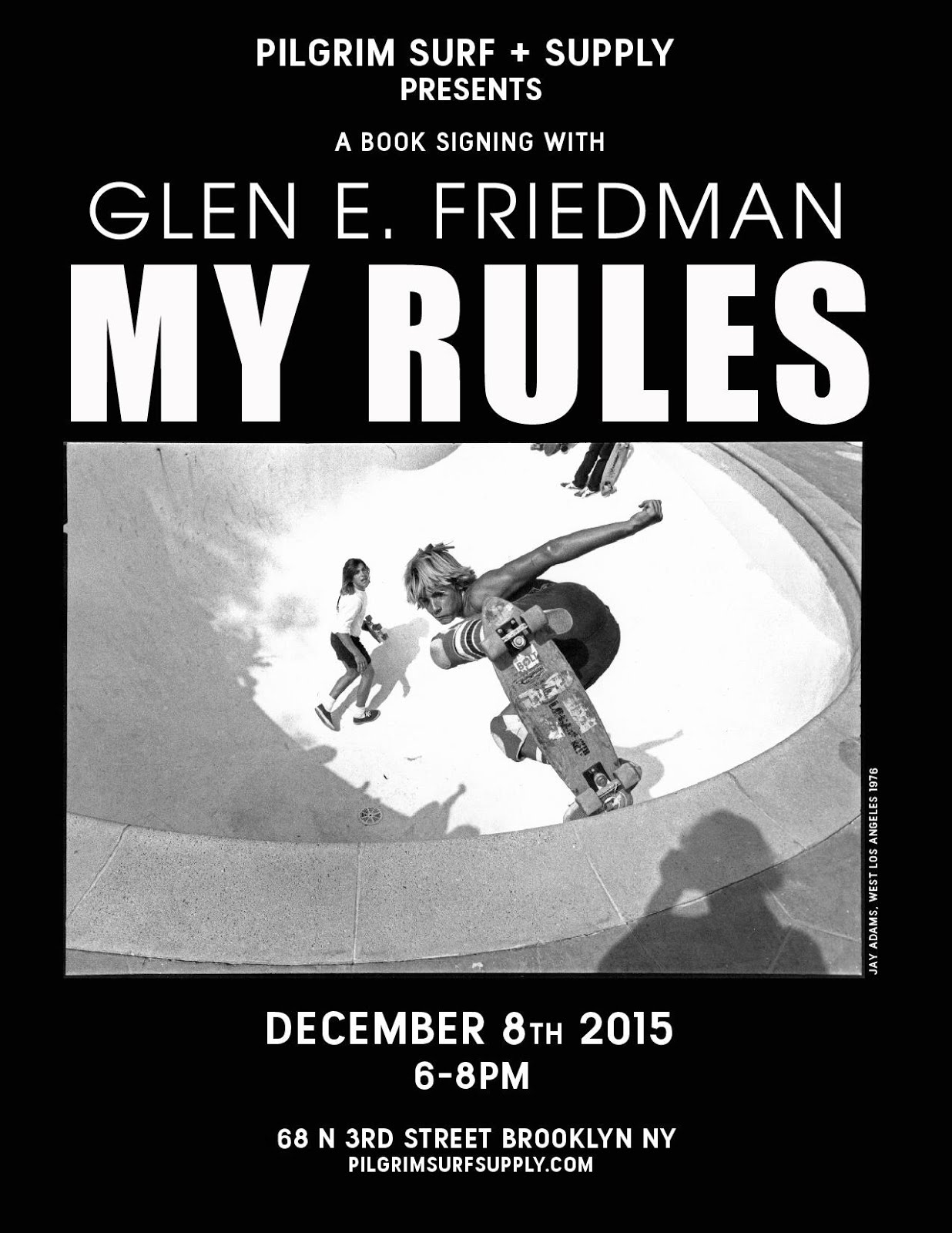

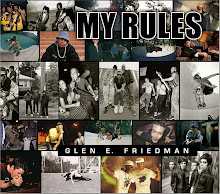

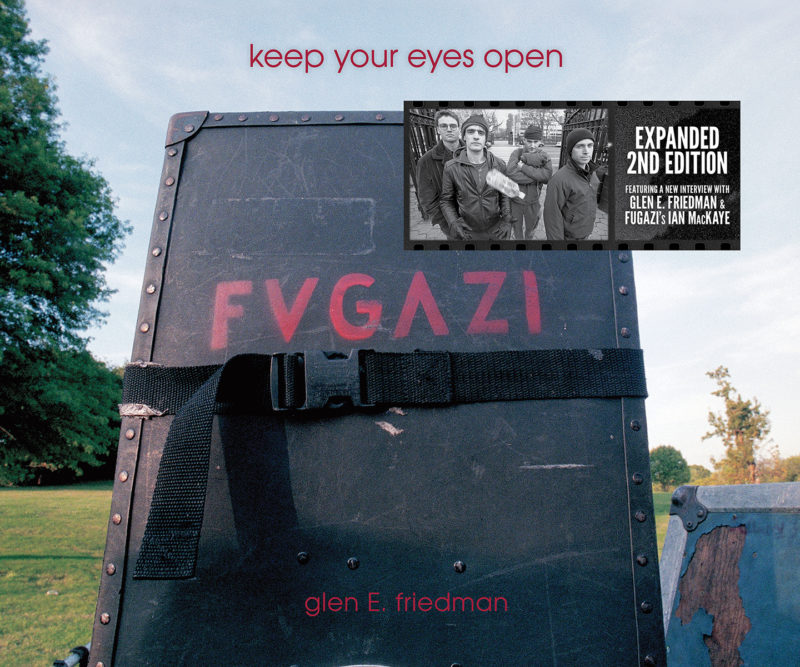

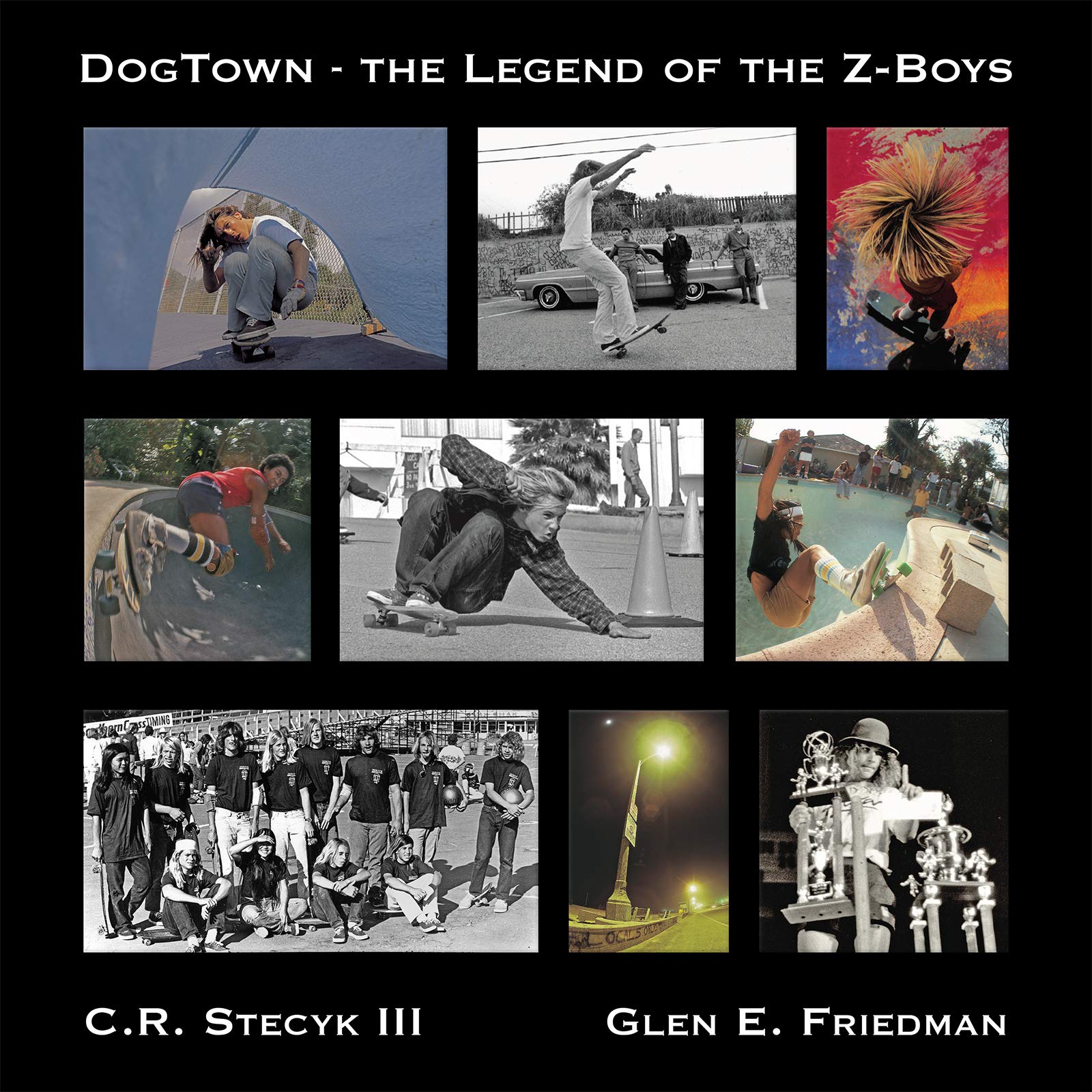
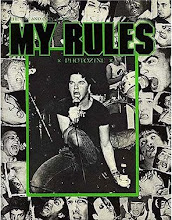





No comments:
Post a Comment